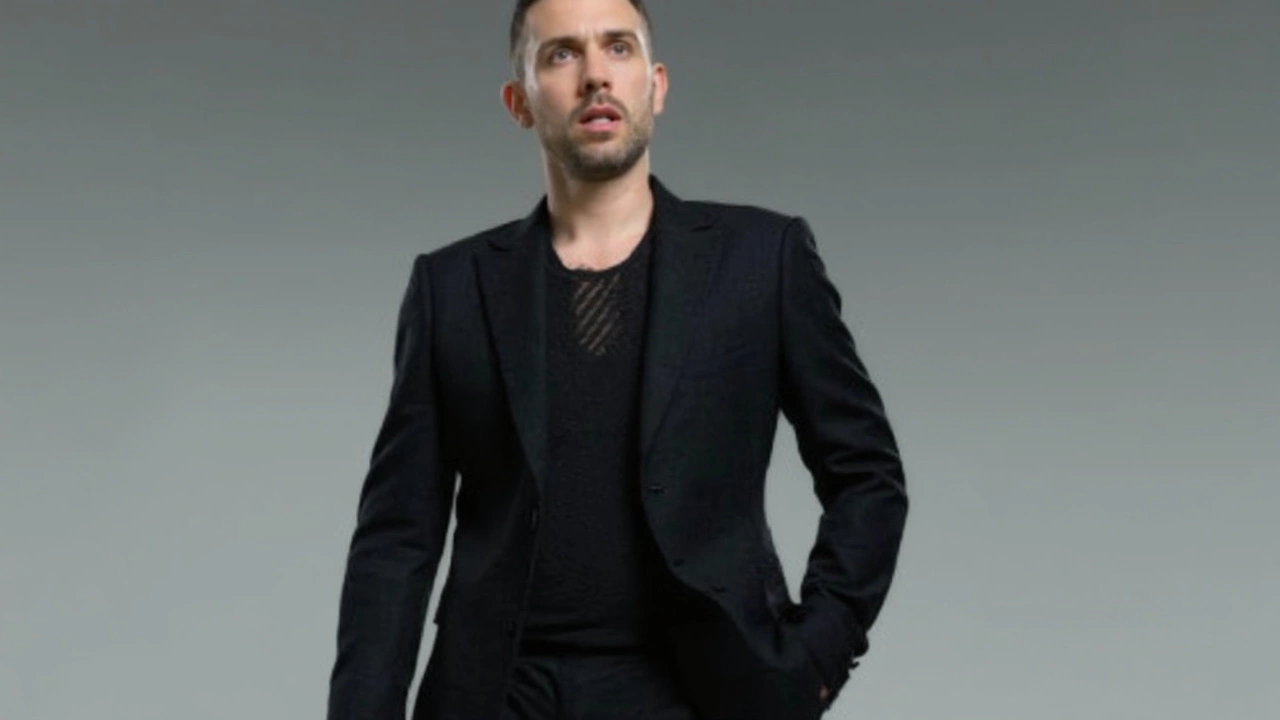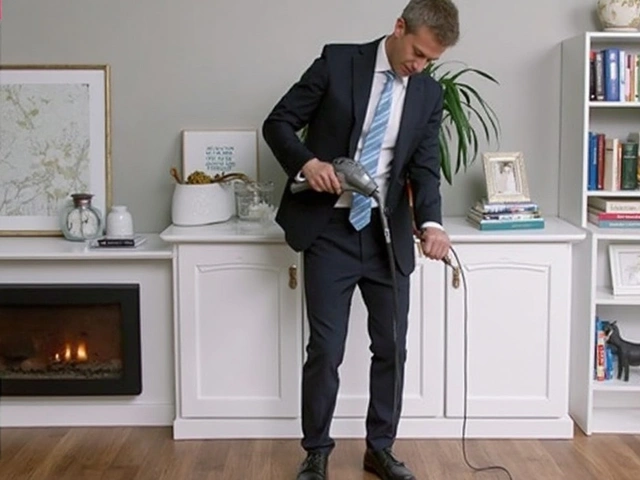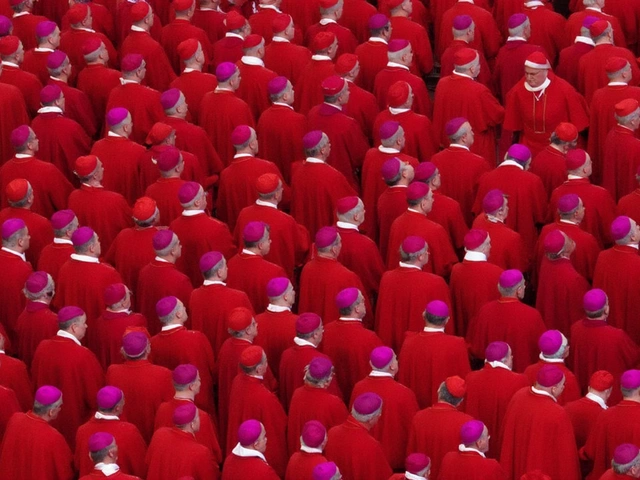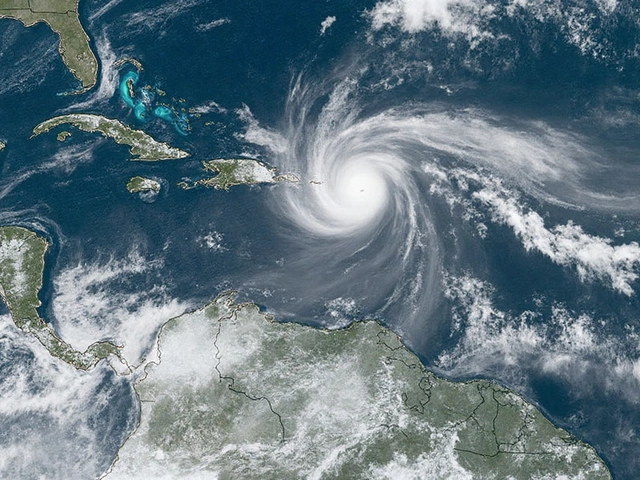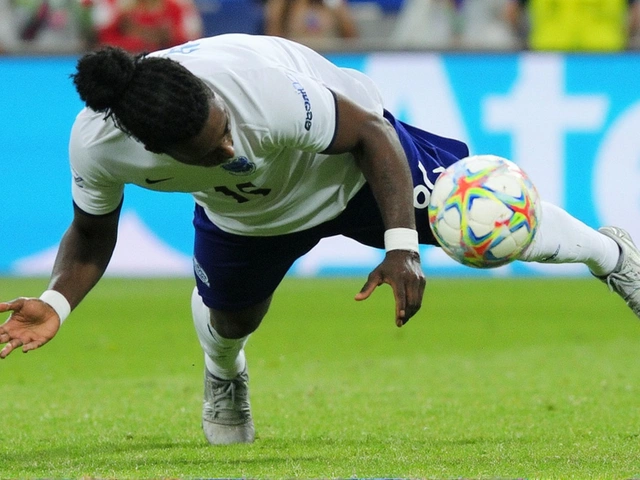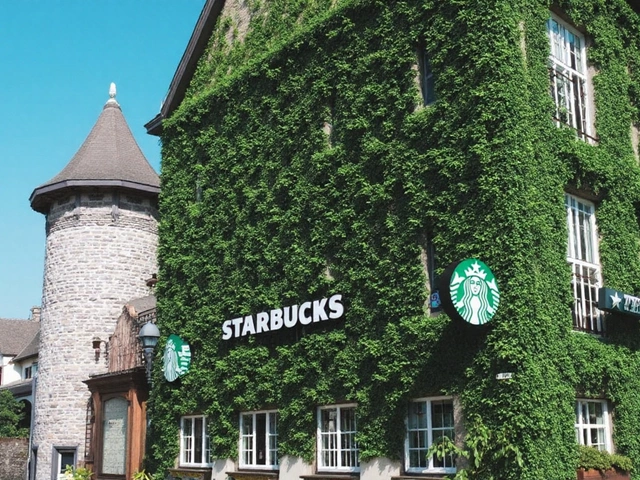Heckling Incident in Sports: What It Is and How to Deal With It
Ever been at a game and heard a crowd chant that crossed the line? That’s a heckling incident – when fans target a player, coach, or even a referee with hostile shouts or personal attacks. It’s more than just noisy support; it can affect performance, morale, and even safety.
Why Heckling Happens
Fans love drama. When a team is losing, emotions run high and some people think a few rude comments will motivate the player or punish the opponent. Social media amplifies that mindset – a viral tweet can turn a local chant into a worldwide insult. In many cases, heckling stems from frustration, rivalry, or a desire for attention.
Real‑World Examples
Think of the famous London derby where a striker was repeatedly called a "traitor" after a transfer rumor. Or a tennis match where a player’s opponent was shouted at for a perceived slow pace. These moments grab headlines because they highlight how quickly a heated crowd can turn into a hostile one.
In youth leagues, a heckling incident might involve kids teasing a teammate about their skill level. While it seems harmless, it sets a precedent that disrespect is acceptable on the field.
Impact on Players and Teams
Research shows that verbal abuse can lower a player’s confidence, increase anxiety, and even cause physical symptoms like a racing heart. Teams may lose focus, leading to mistakes and lost points. Coaches often have to spend extra time calming players, which takes away from training.
Beyond the field, a heckling incident can damage a club’s reputation. Sponsors may distance themselves if fans think the environment is unsafe or toxic.
Preventing and Managing Heckling
1. Clear Policies: Stadiums should post a code of conduct at entrances and on tickets. Fans need to know that abusive language can lead to ejection.
2. Security Presence: Trained staff can spot escalating chants early and intervene before it spills over.
3. Player Education: Teams often teach players mental‑resilience techniques, like breathing exercises, to stay focused when they’re shouted at.
4. Social Media Monitoring: Clubs can flag harmful trends and issue statements quickly, showing they won’t tolerate abuse online.
5. Fan Engagement: Involve supporters in positive campaigns, like "Respect the Game" days, to shift the culture from aggression to encouragement.
What To Do If You Witness a Heckling Incident
If you’re a fan, don’t join the chant. Call out the behavior politely or alert a staff member. If you’re a player, signal a referee or ask to step off the pitch for a breather. Coaches should reinforce that personal attacks are never part of the game’s strategy.
Remember, a single heckling incident can snowball into larger problems if unchecked. By staying aware and acting quickly, everyone – clubs, fans, and players – can keep the sport fun and respectful.
Next time you hear a crowd roar, ask yourself: is this excitement, or is it crossing the line? The answer decides whether the game stays competitive or becomes a toxic environment.
Kieran Lockhart, Jun, 4 2025
Will Young Walks Off Dundee Stage After Heckling, Fans Demand Refunds Amid Uproar
Will Young left his Dundee concert early in October 2024, after disruptive heckling from the audience. The singer’s exit midway through his set sparked a debate about respect at live shows and a flurry of refund demands from disappointed fans.
View More